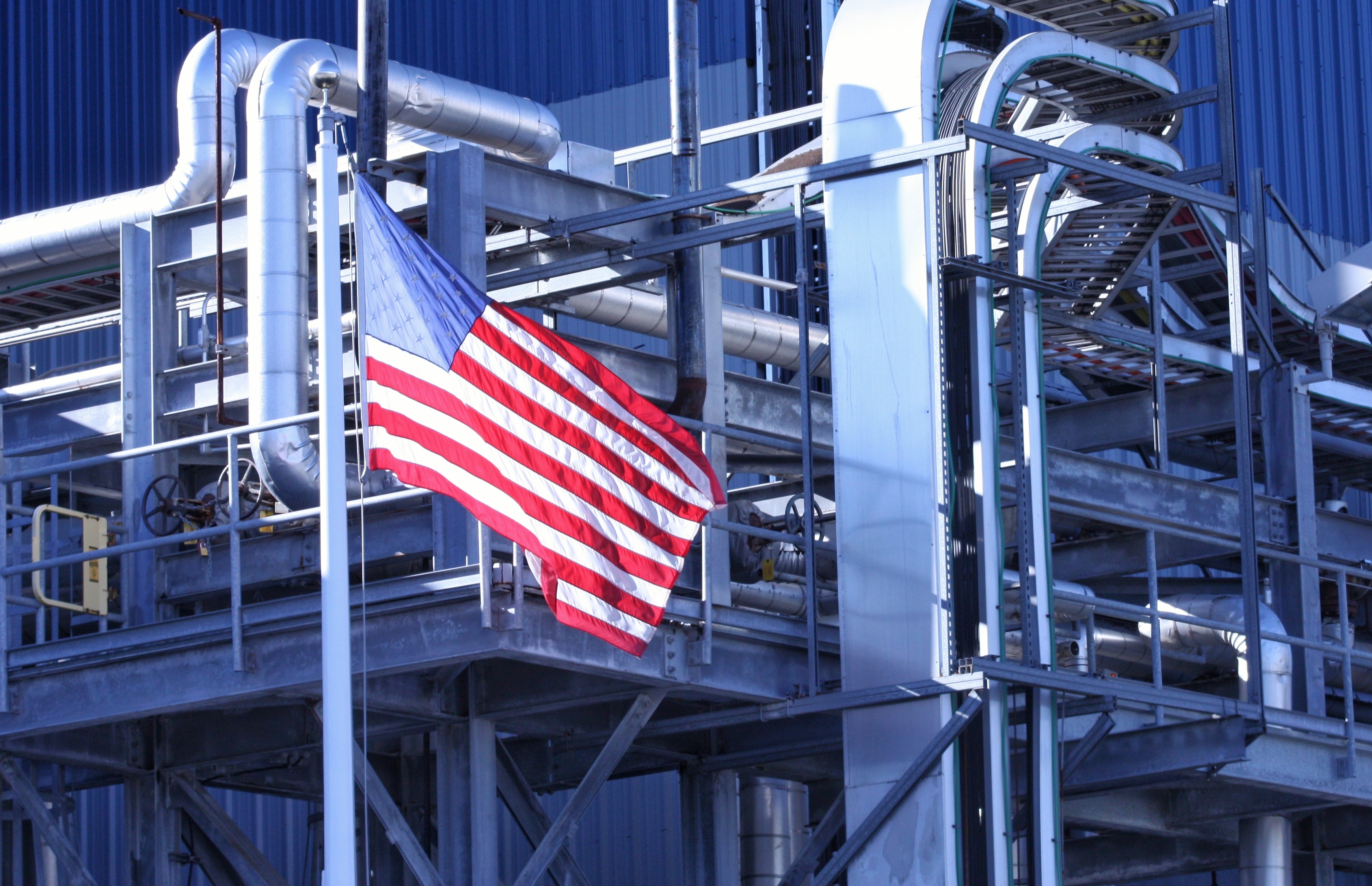BLOG
The Impact of Trade War Tariffs on U.S. Manufacturers
Tuesday August 21, 2018

The recent tariffs imposed by the United States government have been dominating the headlines in recent weeks. What isn’t always discussed, however, is the impact these tariffs have on U.S. manufacturers at home. For example, in early July, China responded to U.S. tariffs by placing tariffs of their own on nearly $35 billion in U.S. products. This burgeoning trade war is putting U.S. manufacturers in danger of not being able to afford the components and raw materials they need, and it is affecting their ability to sustain both their business and the economy.
Tariffs of up to 25% on imported good and electronic components are causing a great deal of supply chain stress on manufacturers and producers, raising costs and causing production delays. Raw materials such as lithium, aluminum, and steel – for which many American manufacturers often heavily rely on imports – are experiencing the highest tariffs of all. Even apart from the added cost of tariffs, raw material costs have been increasing over the past few years, mostly due to short supply, paired with increased demand. With so much uncertainty, and no end in sight, how are manufacturers faring in these new market conditions?
Slower Production, Higher Demand
Across all industries and sectors, manufacturers are feeling the strain as material prices rise and production times steadily increase. Despite these pressures, the demand for products is not slowing, leading to increased pricing and delivery times for everyone along the supply chain, from producers, to manufacturers, and ultimately to consumers.
In the battery industry, lead times for many lithium-ion and electronic components stretch from a standard delivery of 14 weeks to more than six months. As costs continue to rise, manufacturers are facing the threat of even more proposed tariffs being placed on goods made in China, Europe, and other countries—further challenging the ability to source affordable raw materials and products.
Planning Ahead
Unfortunately, increasing material costs, supply and demand issues, and tariffs are having serious impacts on day-to-day operations for many manufacturing companies, so how can a business navigate these challenges in order to minimize disruption to their operations? We believe it is through understanding and greater collaboration by taking the following steps:
- For any new projects, communicate as early as possible with your team and your suppliers to discuss the timelines for design, prototypes, alpha runs, and production runs. This will allow your suppliers to help you select the right components and identify any alternate or back-up sources to help mitigate delivery issues once your project is underway.
- When possible, place orders well in advance of current lead times, and plan to bring product in-house earlier than the date you would like to have them. Due to increases in lead times and rising component costs, costs and delivery times are certain to fluctuate, however planning ahead may minimize the impact of these fluctuations and prevent you from being in a line-down situation.
- Due to the continuing volatility of the global market, understand that constant communication within all levels within your organization as well as with your suppliers and customers is key. Regularly communicate product needs and changing forecasts, plan for delays, and place blanket orders in place to minimize those delays.
Learn More
At PTI, we are always looking for ways to get ahead of the curve in order to help our customers ensure the success of their projects and their business. If you have an active project or anticipate starting a new project sometime in the next 18 months, please contact us as soon as possible to make your project go as smoothly as possible.
We are overwhelmed by the understanding and patience exhibited by our customers, whose ongoing support, cooperation, and loyalty mean so much to our business. If you have any questions or concerns about anything discussed above – please do not hesitate to contact us today.
0 Comments :
Contact Form
Latest Posts
- Mar 2020
- Get to Know PTI’s Custom Product Development Process Jan 2019
- A Successful 2018 at PTI Dec 2018
- A Spotlight on October’s Manufacturing Celebrations Oct 2018
- Rising Trends in the Medical Devices Industry Sep 2018

